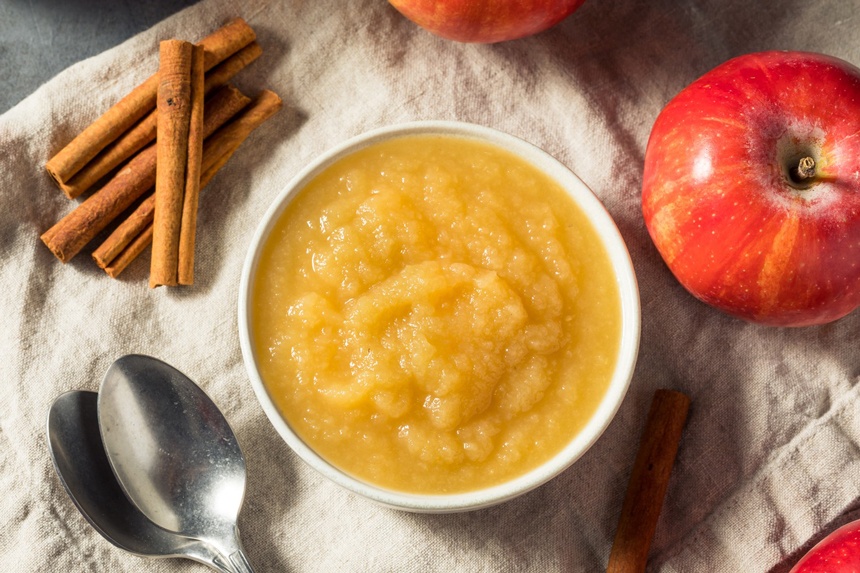Bananas

Bananas, nature’s convenient snack, not only satisfy hunger pangs but also boast impressive digestive benefits. Rich in carbohydrates, fiber, potassium, and various vitamins and minerals, bananas offer a nutrient-packed punch in a portable package. Whether enjoyed independently or incorporated into smoothies, oatmeal bowls, or baked goods, bananas provide a natural energy source and promote digestive health. Moreover, their high water content aids in hydration, making them an excellent choice for individuals dealing with digestive issues like diarrhea or constipation.
While bananas are generally well-tolerated by most individuals, it’s essential to consider their ripeness and sugar content, especially for those managing diabetes or irritable bowel syndrome (IBS). As bananas ripen, their carbohydrate content increases, potentially impacting blood sugar levels in individuals with diabetes. Additionally, individuals following a low FODMAP diet to manage IBS symptoms should monitor their banana intake, as ripe bananas contain higher levels of fermentable carbohydrates that may trigger digestive discomfort. [3]
Applesauce

Applesauce, a childhood favorite and versatile ingredient, offers a convenient solution for individuals seeking easily digestible fruit options. By cooking apples and breaking down their fiber content, applesauce becomes gentler on the digestive system compared to raw apples.
Additionally, applesauce contains soluble fiber in the form of pectin, which may aid in managing certain types of diarrhea. With its rich array of nutrients and antioxidants, including potassium and folate, applesauce is a wholesome addition to a balanced diet.
It is important to note that applesauce contains fermentable carbohydrates that may exacerbate symptoms for individuals with conditions like irritable bowel syndrome (IBS). Thus, moderation and mindful consumption are key when incorporating applesauce into a digestive-friendly diet. [4]





